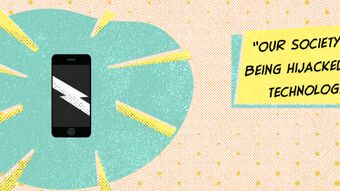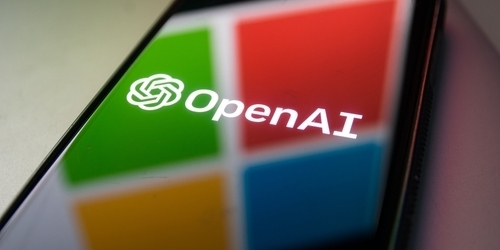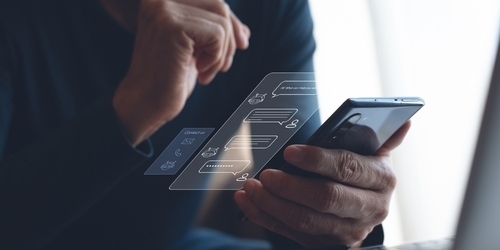Are smart homes smart?
Technology, Robotics, and AI
One of the hottest current trends in digital tech circles is the Internet of Things: real world objects that are connected to the internet and to each other.
These ‘cyber-physical’ systems include, for example, starting your car using an app on your phone. You’re sending a signal through the internet that actually starts the engine of your car.
You could also install a Nest unit at home, which connects to an app to control your central heating, meaning you can turn it on when you’re at the office, or turn it off when you’re on holiday.
With increasingly powerful data networks, it will soon be possible for almost everything to be plugged into everything else.
McKinsey & Co reckon that by 2025 the Internet of Things will be driving up $11 trillion of value—more than one tenth of the global economy.
What’s the problem with this?
Of course, there are many advantages to a future of smart homes, cities and cars. It will make life much easier, driving economic value.
But this technology does not come without its issues. Imagine, for example, if someone hacked into your central heating and turned it up, or off? This might not seem like a particularly big issue, but connecting heating systems to other computers has other more serious effects.
This was exactly what happened during one of the biggest recent hacks of personal data, when hackers broke into Target’s heating system and it was connected to the rest of Target’s computers—giving them access to the personal files of millions of people’s personal data.
Or, returning to the car example, hackers famously messed with the controls of a Jeep Cherokee, controlling the radio, transmission and the brakes. It’s one thing to start the engine of your car with an app, but what about driving it—is that safe?
The next big wave?
We’ve already seen the damaging effects of large-scale hacks on information and data. Most notably, the hack into the US Office of Personnel Management led to 20 million personnel records being siphoned off, many of which included extremely sensitive high-security clearance applications. A large number of those who were targeted will likely be the victims of phishing attacks for the rest of their lives.
With the Internet of Things the danger is that this threat is not just to information, but to people’s safety and their lives. This is already true across a range of applications, from locking your home to medical devices.
Smart Houses of the Future
What will it be like to live in a smart house of the future?
Kashmir Hill, a journalist, decided to make her home as ‘smart’ as possible. She connected as many appliances and belongings as she could to the internet, including the lights, coffee maker, baby monitor, kid’s toys, vacuum cleaner, toothbrush, photo frame and her bed!
She explains why she underwent the experience:
“Why? Why would I do this? For convenience? Perhaps. It was appealing to imagine living like the Beast in the Disney movie, with animated objects around my home taking care of my every need and occasionally serenading me. As a result of the apartment upgrade, I could watch what was happening in the house when we weren’t there. I could use voice commands to turn on the lights, coffee maker, and music. I could exchange voice messages with our toddler (and her caregiver) through a toy. I got reminders from my toothbrush to brush and tips on how best to do it. If I got cold in the night, my bed could warm me up. And I no longer had to push a vacuum around the house, instead activating a robot to do it for me with a press of a smartphone button.
“Thanks to the Internet of Things, I could live in my very own tech-mediated Downton Abbey. That’s the appeal of smart homes for most people, and why they are supposed to be a $27 billion market by 2021. But that wasn’t my primary motivation. The reason I smartened up my house was to find out whether it would betray me.”
BUY THE BOOK - SPECIAL OFFER – ONLY £4.99
Are smart homes smart? How do you feel about your home as a kind of giant robot? To find out the answer to that question, why not buy yourself a copy of God and My Mobile: Keeping the faith in a digital world. For a short period of time, it’s available at a discounted price of £4.99, down from its normal price of £9.99. You can get a copy from our shop.





Share story
Are smart homes smart?